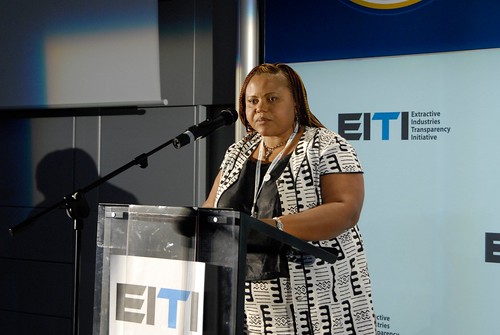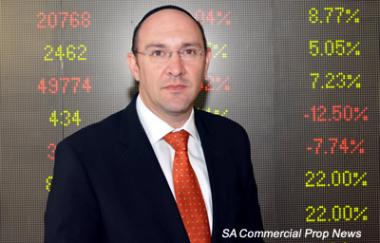 The Securities and Exchange Commission (SEC) has said market capitalisation of the Nigerian Stock Exchange is expected to hit $1 trillion when the power, telecommunications and oil and gas companies list their shares.
The Securities and Exchange Commission (SEC) has said market capitalisation of the Nigerian Stock Exchange is expected to hit $1 trillion when the power, telecommunications and oil and gas companies list their shares. Currently, the market capitalisation is standing at $107 billion, buoyed by the introduction of market making on the Exchange in the fourth quarter of 2012.
Speaking at a press briefing in Lagos, the Director General of the commission, Ms Aruma Oteh appraise the market making on the Exchange so far, saying that things have gone quite well.
On the removal of taxes on market transaction, she said that the implementation blueprint for the removal of Value Added Tax (VAT) and removal of stamp duty is being reviewed by the Attorney General of the Federation (AGF).
On the implementation of Stamp duty and VAT, she said that President Goodluck Jonathan has instructed the AGF to look into it and the process is being reviewed, adding that once it has completed the review process, the implementation will commence.
The Federal Government had last year decided to eliminate stamp duties and VAT on stock market transaction fees as part of measures to improve the confidence in Nigeria’s capital market Mean while, equities continued to recoup losses at the exchange as the market capitalisation closed higher at N11.52 trillion while the All Share Index closed higher at 36,468.25 basis points.
Source: Leadership






















.240x160.?v=1371487186)




















